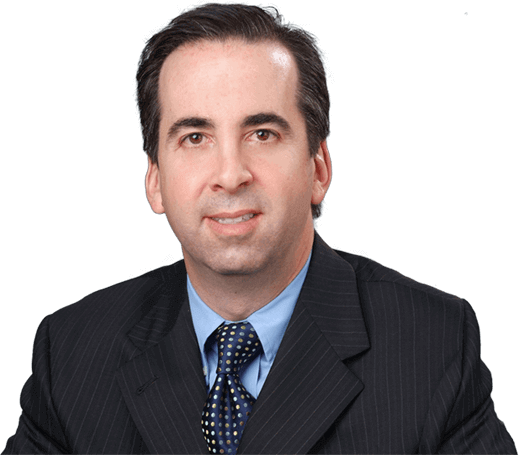Understanding Legal Status In Maryland Premises Liability Cases
Slip and fall accidents and other accidents that occur on another's property are governed by premises liability law, which is a complex and often confusing area of law. Essentially, premises liability determines the owner's level of responsibility for injuries that happen on his or her property. In Maryland, the courts recognize four legal categories of people who might be hurt on someone else's  premises, and the owner's responsibilities vary depending on the legal status of the person who was injured.
premises, and the owner's responsibilities vary depending on the legal status of the person who was injured.
Invitee: An Invitee is a person who is on the premises by invitation for the property owner's business purpose. An invitee might be explicitly invited, or implicitly welcomed onto the property when it is open for business. For example, residents of an apartment building or those who stand in a landlord-tenant status, guests at a hotel and customers at a retail store are considered invitees. Someone who comes to a residence or business by request of the owner for a business purpose - such as a plumber, locksmith, contractor or electrician - is also an invitee.
The owner or manager of a real property owes the highest duty of care to invitees. Legally, the property owner is required to proactively keep the premises safe using reasonable ordinary care. The owner must inspect the premises and either resolve any reasonably foreseeable dangers or warn the invitees of any such dangerous conditions.
Licensee by invitation: Like an invitee, a licensee by invitation is on the premises by invitation of the property owner, but he or she is there for a social rather than business purpose. For example, people who visit friends' or relatives' homes are considered licensees by invitation, as are guests at parties and social events.
The property owner's duty of care to a licensee by invitation is lower than the duty of care to an invitee. Property owners are required by law to warn licensees by invitation of any dangerous conditions that they already know about; they are not necessarily obligated to inspect the property and proactively resolve dangerous conditions, however, this can vary depending on circumstances of the case.
Bare licensee: A bare licensee is someone who is on the premises for his or her own purpose or interest, but with the owner's knowledge and consent. The difference between an invitee and a bare licensee is that a bare licensee arrives unsolicited. Door-to-door salespeople and people knocking on doors for political campaigns are examples of bare licensees.
In Maryland, bare licensees are expected to take the premises as they find them and are largely responsible for their own safety. However, the property owner can be held liable for creating a new hazard that could cause harm without warning the bare licensee, or for intentionally causing harm.
Trespasser: A trespasser is someone who is on the premises without the owner's permission or consent. Many property owners are surprised to learn that they still owe trespassers a duty of care, although it is lower than the duty of care for any of the other three categories. The property owner is required to refrain from intentionally hurting the trespasser, such as by preparing traps.
However, a higher duty of care is owed in some circumstances when the trespasser is a child. For example, a property owner who leaves a swimming pool uncovered may be held liable for an injury to a child who falls in - this is an application of the "attractive nuisance" doctrine.
Determining an injured person's status at the time of the injury is an important element of any premises liability case. This can be especially tricky because a person's status can change in certain circumstances. For instance, a store customer - usually considered an invitee - might become a trespasser by wandering into an employee-only section of the store. A contractor - also considered an invitee - who happens to be a personal friend of the property owner might remain on the premises for a social gathering after completing work, thus becoming a licensee by invitation. Or a property owner might agree to do business with a bare licensee, who would then become an invitee.
If you were injured while visiting someone else's property, you need an attorney who understands Maryland's complex premises liability laws. Contact the Law Offices of Stuart L. Plotnick, LLC for a free consultation.

